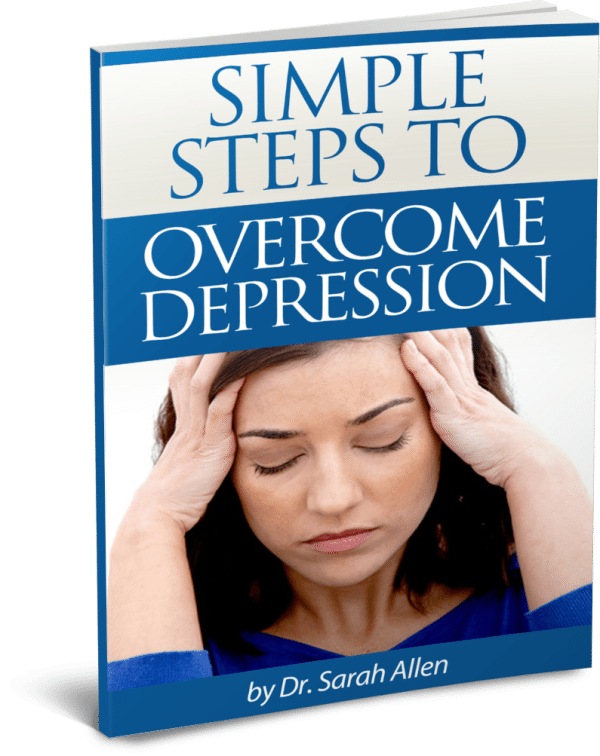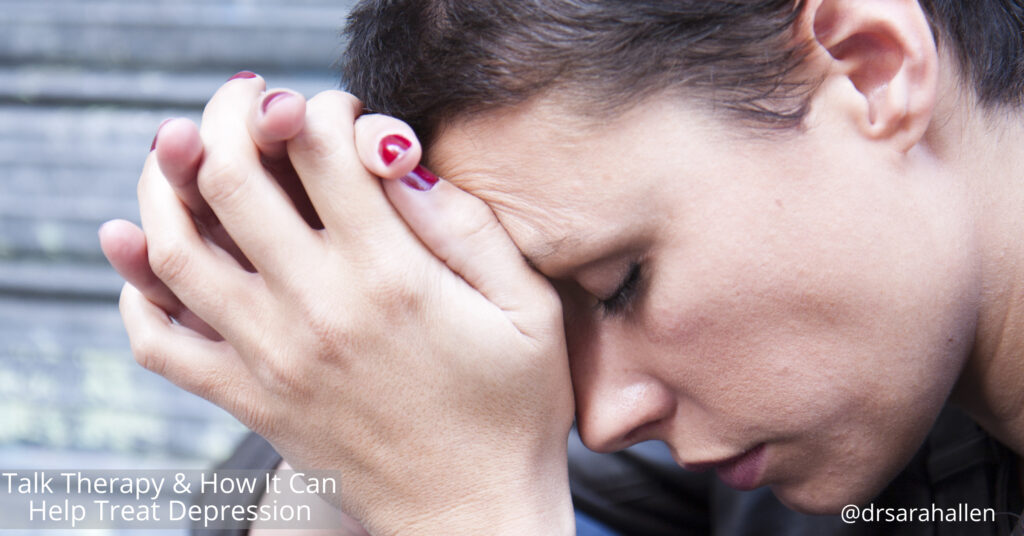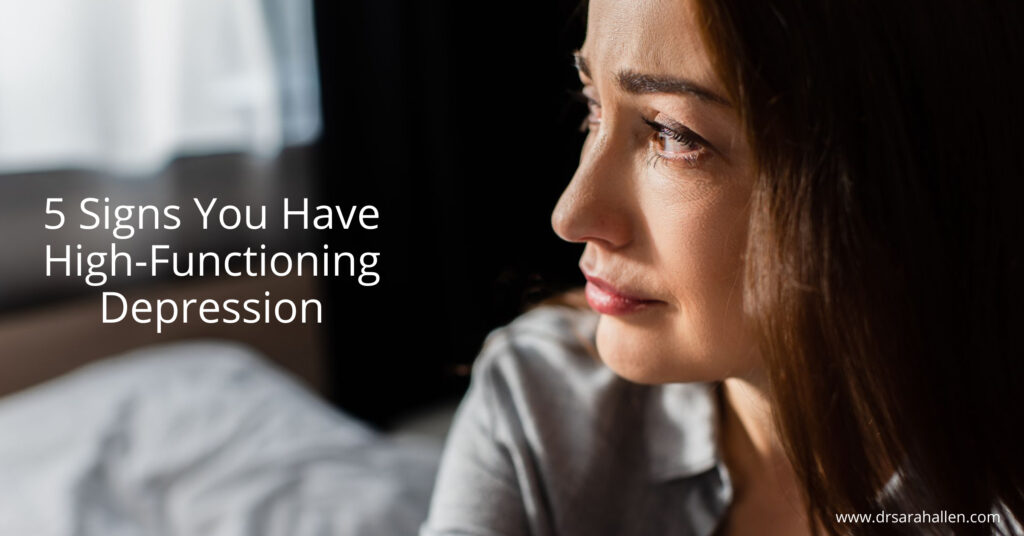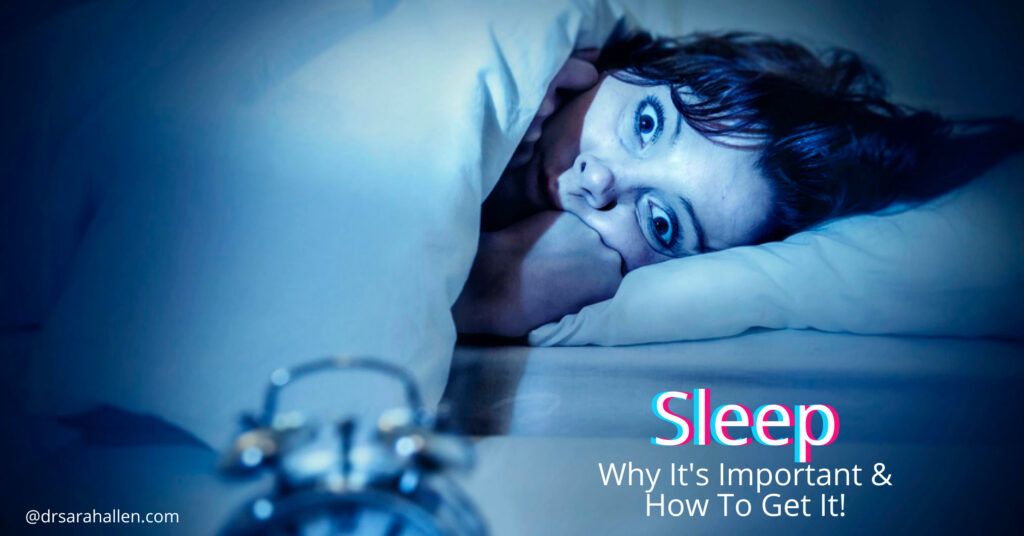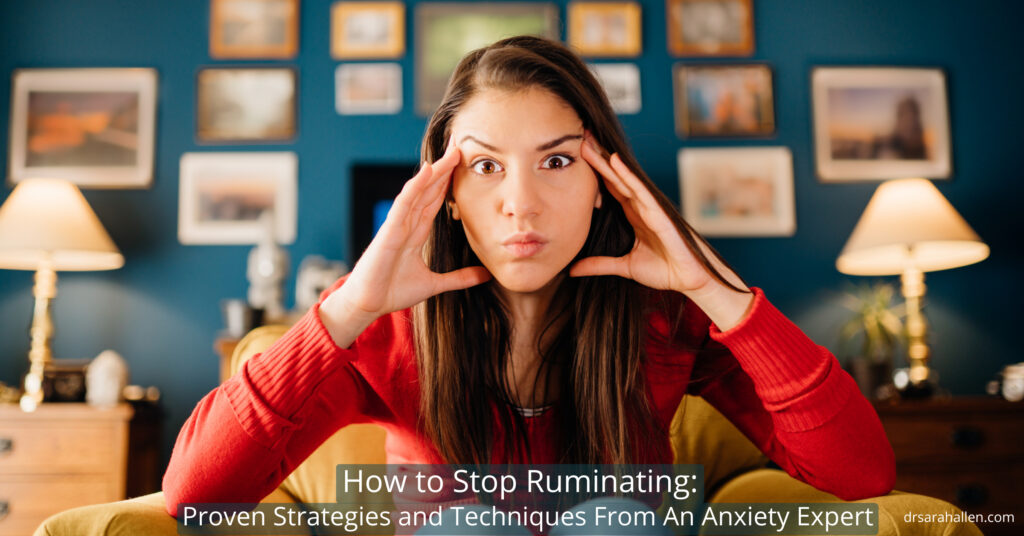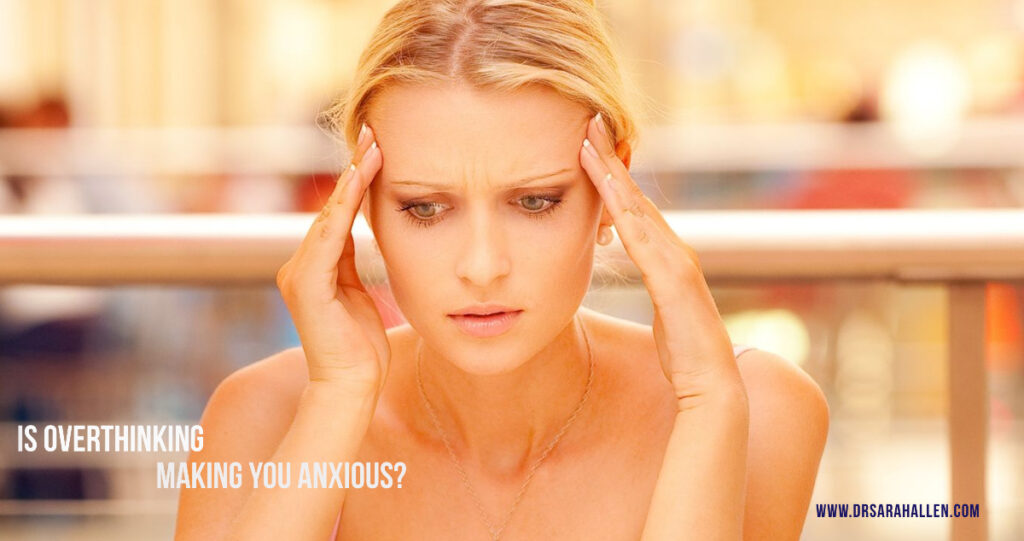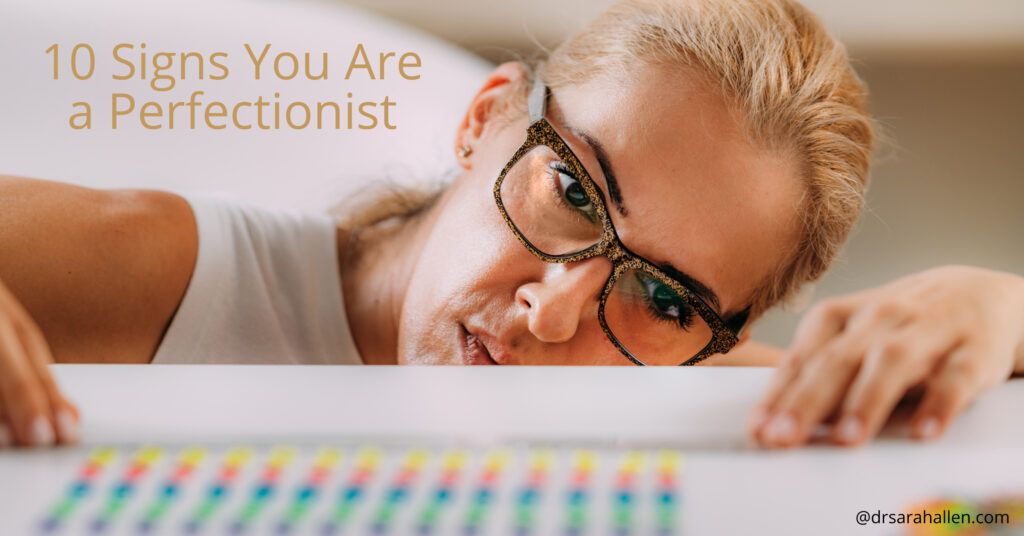
Feeling sad and down from time to time is a normal part of life, but when these feelings persist for weeks or months, it might be more than just a case of the blues. Depression is a common mental health condition that affects millions of people. It’s important to recognize when you or someone you care about is dealing with depression so that you can get the help needed to feel better.
In this article, I will explore the signs and symptoms of depression and discuss the different types of depression. I will also share some practical self-care tips to help manage and reduce depressive feelings. Recognizing depression and knowing what steps to take can make a big difference in the road to recovery.
Recognizing Signs and Symptoms of Depression
Depression can affect many aspects of your life, but it often starts with noticeable changes in mood and behavior. Recognizing the signs and symptoms early can help you seek the support you need.
Common Emotional Symptoms of Depression
1. Persistent Sadness: Feeling sad or empty most of the day, nearly every day, is a hallmark symptom. This goes beyond temporary feelings of sadness and affects your overall mood continuously.
2. Feelings of helplessness and hopelessness. This can include thinking that nothing will ever get better and there’s nothing you can do to improve your situation.
3. Loss of interest in daily activities. Maybe you have lost your ability to feel joy and pleasure or perhaps former interests, hobbies and social activities no longer hold any interest.

4 .Anger or irritability. Perhaps you are feeling agitated, restless, or even so angry that you are violent or fear you might be. Depression makes our tolerance level very low, our temper is on a short fuse, and everything and everyone just gets on your nerves.
5. Self-loathing. You might be harshly criticizing yourself for perceived faults and mistakes. These are usually followed by strong feelings of worthlessness, guilt or shame.
6. Reckless behavior. In order to try to escape such difficult feeling you might start to engage in escapist behavior such as substance abuse, compulsive gambling, reckless driving, or dangerous sports.
Common Physical Symptoms of Depression
1. Appetite or weight changes. Significant weight loss or weight gain is often an indicator of depression. Some people feel they just don’t have an appetite any more while others push down their feelings with emotional eating
2. Sleep changes. This can be either sleeping too little (insomnia) , difficulty getting off to sleep or waking in the early hours of the morning, or oversleeping and sleeping during the day when most people are active (hypersomnia).
3. Loss of energy. Feeling fatigued, sluggish, and physically drained. Depression can make your whole body feel heavy, and even small tasks are exhausting and overwhelming or may take longer than usual to complete.
4. Concentration problems. People often describe this as feeling foggy headed or they have trouble focusing, making decisions, and remembering things.
5. Unexplained aches and pains. We can feel depression in our body, not just our head
Understanding Different Types of Depression
Depression isn’t a one-size-fits-all condition. There are several types of depression, each with unique features and symptoms. Knowing the differences can help in understanding and treating the condition more effectively.
1. Major Depressive Disorder (MDD): This type of depression includes persistent feelings of sadness, loss of interest in most activities, and a range of other symptoms that last for at least two weeks. MDD can affect your ability to work, sleep, eat, and enjoy life.
2. Persistent Depressive Disorder (PDD): Also known as dysthymia, PDD is a chronic form of depression where a person feels depressed most days for at least two years. The symptoms are less severe than MDD, but the long-lasting nature can be equally challenging.
3. Bipolar Disorder: Though known for its manic episodes, bipolar disorder also includes periods of depression. These depressive episodes include severe symptoms similar to those of MDD.
4. Pregnancy Depression: Also known as antenatal or prenatal depression, is a mood disorder that can occur anytime during pregnancy. Unlike the typical mood swings associated with pregnancy hormones, pregnancy depression is more intense and long-lasting.
5. Postpartum Depression (PPD): This type of depression occurs after childbirth. While it’s normal to feel “baby blues” after giving birth, PPD is more intense and can interfere with a mother’s ability to care for the baby and herself.
6. Seasonal Affective Disorder (SAD): SAD is a type of depression that typically occurs during the winter months when daylight hours are shorter. Symptoms often include fatigue, weight gain, and a general sense of sadness.
7. Premenstrual Dysphoric Disorder (PMDD): PMDD is a severe form of premenstrual syndrome (PMS). It includes emotional and physical symptoms that are more intense than typical PMS, such as severe irritability, depression, and anxiety.
Effective Depression Treatments
Treating depression often involves a combination of strategies, and talk therapy is one of the most effective methods. I provide a safe space to explore your emotions and help you identify the root causes of your depression. We will then go on to develop better ways to cope, empowering you to take control of your mental health and work toward meaningful change. Many people find that our therapy together not only alleviates symptoms of depression but also enhances their overall outlook on life.
1. Cognitive Behavioral Therapy (CBT): CBT is one of the most widely used therapies for treating depression. It focuses on recognizing the connection between your thoughts and your emotions that contribute to your depression. To start with I will help you identify and change unhelpful thought patterns and behaviors and you’ll learn to recognize distorted thinking and replace it with more realistic thoughts. Together we will work on developing coping strategies to manage life’s challenges, and set achievable goals to improve your overall mental health.
If you are interesed in reading more about CBT read What Is CBT? A Simple Guide to Understanding Cognitive Behavioral Therapy
2. Interpersonal Therapy (IPT): When depressed, people tend to withdraw and isolate themselves from other people. If approprite, we can also use IPT techniques as they concentrate on improving your relationships. We can work on understanding how your interactions with others affect your emotional state and develop improved communication skills to express your needs effectively, resolving conflicts in your personal relationships, and also look at building a support network to reduce feelings of isolation.
3. Behavior Activation: As I mentioned before, when people are depressed, they often withdraw from activities and people they care about, which can lead to a cycle of increasing isolation and worsening mood. Behavioral Activation encourages you to engage in activities that are meaningful or pleasurable and aims to break the negitive cycle by helping you gradually reintroduce activities into your life. It’s not about forcing happiness but rather finding small sparks of joy or accomplishment that you may have been missing. You might wonder “Why focus on activity when I feel so low?” The core idea is that action precedes motivation. Often, waiting to feel better before doing something keeps us stuck. By taking action first, even when it’s difficult, we create opportunities for positive experiences and reinforce positive feelings.
4. Mindfulness-Based Cognitive Therapy (MBCT): combines cognitive therapy techniques with mindfulness practices. It helps you become more aware of your thoughts and feelings without judgment, which can reduce the likelihood of depressive relapse, enhance your ability to cope with stress, and promote a greater sense of balance and well-being.
Lastly, I am often asked about my feelings about medication for depression. A lot of people want to try talk therapy to alleviate depression symptoms first. When depression is severe, or you think the things we talk about in session are useful but you just can’t get the motivation to do them outside of therapy, you may benefit from medication. Medication used in conjunction with talk therapy typically provides the best results because if you just take medication alone, symptoms often return when stopping medication. Therapy helps you develop better coping strategies and ways of thinking and dealing with stressors, so that when you reduce, or stop medication, you are in a better place mentally and have develped many skills to cope. I don’t prescribe medication but if we think that medication would be helpful to you I can refer you to a psychiatrist.
Practical Self-Care Tips to Manage Depression
While therapy is effective in managing depression, incorporating self-care strategies into your daily routine can also boost your mood and help you feel more in control.
1. Exercise Regularly: Physical activity releases endorphins, which are natural mood lifters. Aim for at least 30 minutes of exercise most days of the week, whether it’s walking, jogging, or another activity you enjoy.
2. Eat a Balanced Diet: Nutrition plays a significant role in how you feel. Try to eat balanced meals with plenty of fruits, vegetables, lean proteins, and whole grains. Avoid excessive sugar and caffeine, which can affect your mood.
3. Get Enough Sleep: Quality sleep is important for mental health. Aim for 7-9 hours of sleep each night. Create a bedtime routine to help you relax and prepare for sleep, such as reading or taking a warm bath.
Conclusion
Recognizing and understanding depression is the first step toward improving your mental health. By identifying the signs and symptoms, and being diagnosed with the correct type of depression, and knowing the treatments available, you can take proactive measures to manage this condition. Talk therapy in a safe place with a non-judgemental professional is highly effective in treating depression.
If you or someone you know is struggling with depression, it’s important to seek help and take the steps necessary towards recovery. For more personalized support and expert guidance, contact Dr. Sarah Allen and learn how my specialist depression counseling services can aid in your journey to better mental health. Make the first move towards a happier, healthier life today.

If you have any questions, or if you would like to work with me and learn more about how to manage depression, please phone me at 847 791-7722 or on the form below.
If you would like to read more about me and my areas of specialty, please visit Dr. Sarah Allen Bio. Dr. Allen’s professional license only allows her to work with clients who live in IL & FL & the UK and unfortunately does not allow her to give personalized advice via email to people who are not her clients.
Dr. Allen sees clients in person in her Northbrook, IL office or remotely via video or phone.

What Can I Read That Helps Me While I Am Waiting For My First Appointment With Sarah?
Download this free report to gain valuable insights and practical strategies for managing depression and reclaiming your peace of mind.
